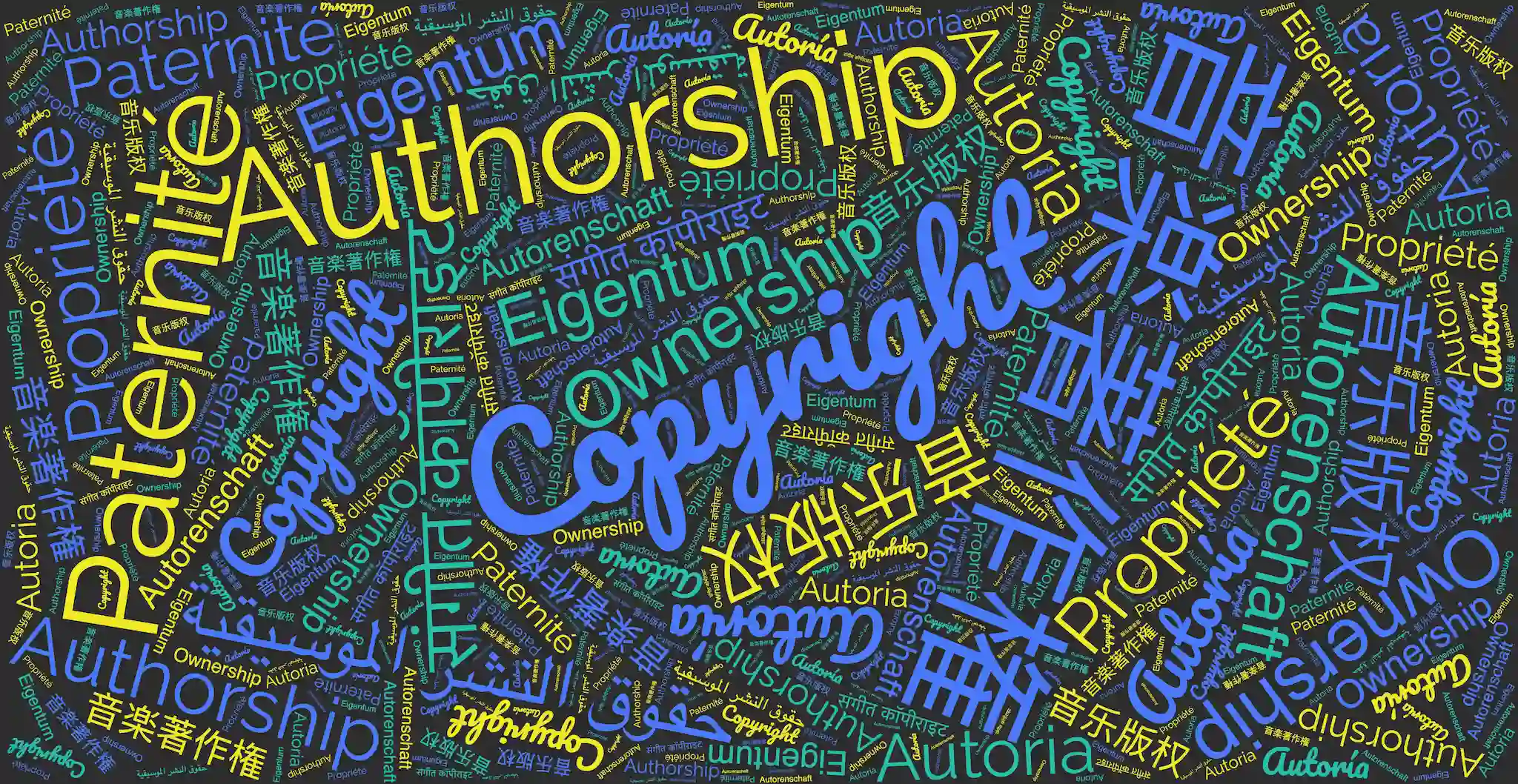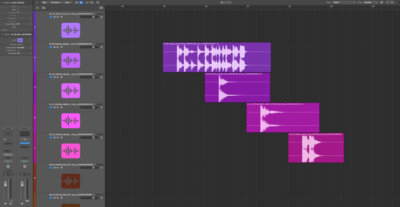Music is a big part of our lives, but who owns a song? Who created it? The words "author" and "owner" sound the same but what do they actually mean in the world of music copyright?
I. Introduction
Music copyright is an often misunderstood and complex area of law. It plays a vital role in ensuring creative individuals or entities are compensated for their work. The terms ‘authorship’ and ‘ownership’ are two crucial elements within this framework. While they may seem synonymous, they have distinctive implications. This blog post aims to unpack these terms, their differences, their roles, and how they are applied under U.S. and European Union copyright law, as delving into all international differences would go beyond the scope of this article.
II. Defining Authorship
In the realm of music copyright, the ‘author’ is the original creator of the work, such as the songwriter who pens the lyrics or composes the melody. Under U.S. law, the copyright in a musical work arises automatically once it is fixed in a tangible form, like written down or recorded. The author is the initial copyright holder and enjoys exclusive rights to reproduce, distribute, perform, and create derivative works from their composition.
In the EU, similar concepts apply. The author is typically the person who created the work, but EU law provides stronger ‘moral rights’ that can’t be transferred. These include the right to claim authorship and object to any derogatory treatment of the work that might harm the author’s reputation.
III. Defining Ownership
‘Ownership’ in music copyright, on the other hand, refers to who currently holds the rights to the copyrighted work. The owner of a copyright might be the author, a music publisher, a record company, or another party who has been assigned the copyright. Copyright owners can license or sell these rights to others, offering a significant income source.
In the U.S., any transfer of copyright ownership, other than by operation of law, must be in writing and signed by the owner of the rights conveyed.
In the EU, while the transfer of economic rights is possible and often happens through contracts, the non-economic ‘moral rights’ remain with the original author.
IV. Authorship vs. Ownership
Authorship and ownership, though closely linked, are different. The author is the original creator, while the owner is the entity that controls the rights to the work at a given time. It’s not uncommon for authors to transfer their rights to a music publisher or record label in return for royalties.
However, in the U.S., authors have the unique ability to reclaim their transferred rights after a specific period. In contrast, the EU generally provides stronger and inalienable protection of the original author’s moral rights.
Conclusion
Understanding the distinction between authorship and ownership is critical in the music industry, affecting everything from royalties to the ability to control how a song is used and modified. The laws vary significantly between regions like the U.S. and the EU, particularly regarding the transferability of rights and the strength of protections for authors. Anyone involved in music production, distribution, or use should be aware of these differences and the potential implications.
Further Reading
Authorship
Authorship, in the context of music, refers to the creation of a musical work and the attribution of legal rights to that work. Authors are typically the composers of the…
Ownership
Ownership in the context of music refers to the legal rights held by an individual or entity over a particular musical work or sound recording. This includes the rights to…




